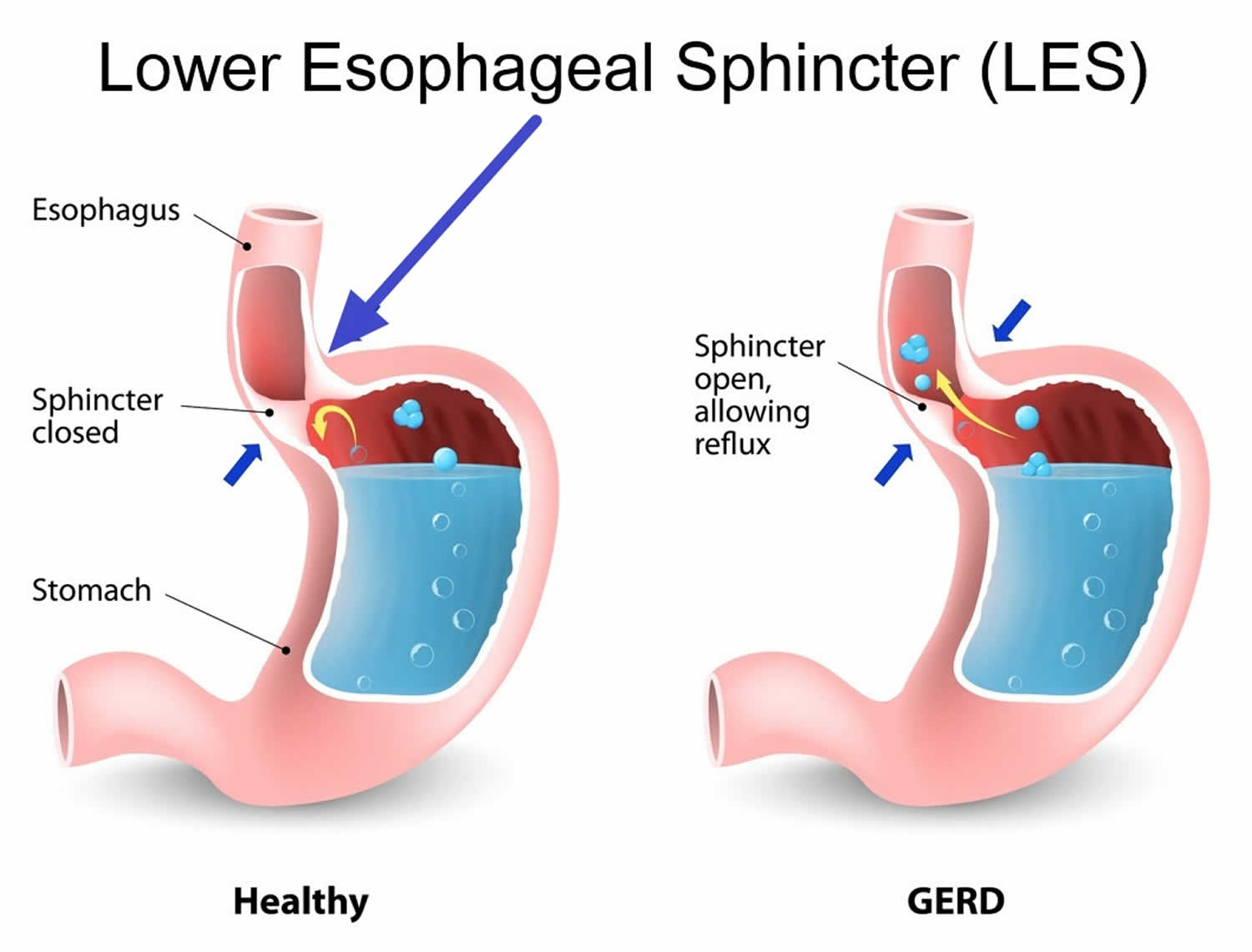
Table of Contents
Introduction
As a new parent, you may be wondering about the development of your baby’s sphincter muscles. Sphincters are muscles that control the opening and closing of various body orifices. They are crucial for the proper functioning of the body.In this article, we will discuss everything related to baby sphincter development. From when they start developing to when they become fully functional, we will cover it all.
Let’s dive in and learn about the fascinating process of baby sphincter development.
When Do Baby Sphincters Start Developing?
Baby sphincters start developing in the womb. In fact, the anal sphincter muscles begin to form as early as the 10th week of pregnancy. The development of the other sphincters that control bodily functions, such as the esophageal and bladder sphincters, also begins in the fetus.However, the process of sphincter development is not complete at birth. The muscles continue to mature and strengthen throughout infancy and childhood.
How Do Baby Sphincters Develop?
The development of sphincter muscles is a complex process that involves a combination of genetic and environmental factors. The muscles grow and strengthen through a process called maturation.Maturation occurs when the muscles are used and stimulated, which causes them to grow and become more efficient. For example, a baby’s anal sphincter muscles will develop and strengthen as they learn to control bowel movements.
When Do Baby Sphincters Become Fully Functional?
Baby sphincters become fully functional at different times depending on the muscle group. The anal sphincter muscles are fully developed and functional by the time a baby is 18 months old.The esophageal sphincter, which controls the opening and closing of the esophagus, becomes fully functional by the time a baby is around 6 months old.The bladder sphincter, which controls the flow of urine, takes the longest to develop. It is not fully functional until a child is around 4 years old.
What Can Affect Baby Sphincter Development?
Several factors can affect baby sphincter development. These include genetics, environmental factors, and other medical conditions.For example, babies who are born prematurely may have delayed sphincter development, as their bodies have not had enough time to fully develop in the womb.Other medical conditions, such as cerebral palsy or spina bifida, can also affect sphincter development. If you have concerns about your baby’s sphincter development, it is important to speak with your pediatrician.
Conclusion
Baby sphincter development is a fascinating process that occurs throughout infancy and childhood. Understanding the development of these crucial muscles can help parents better understand their baby’s bodily functions and development.By knowing what to expect and what factors can affect sphincter development, parents can ensure that their babies are healthy and developing properly.Remember to speak with your pediatrician if you have any concerns about your baby’s sphincter development.
Frequently Asked Questions
- When do baby sphincters start developing?
Baby sphincters start developing in the womb, as early as the 10th week of pregnancy. - When do baby sphincters become fully functional?
Baby sphincters become fully functional at different times depending on the muscle group. The anal sphincter muscles are fully developed and functional by the time a baby is 18 months old. The esophageal sphincter becomes fully functional by the time a baby is around 6 months old. The bladder sphincter takes the longest to develop and is not fully functional until a child is around 4 years old. - What can affect baby sphincter development?
Several factors can affect baby sphincter development, including genetics, environmental factors, and medical conditions. - Why is sphincter development important?
Sphincter development is crucial for the proper functioning of the body. Proper sphincter function ensures that bodily fluids do not leak or flow uncontrollably and can be eliminated when necessary. - What should I do if I have concerns about my baby’s sphincter development?
If you have concerns about your baby’s sphincter development, it is important to speak with your pediatrician. They can provide guidance and advice on how to ensure that your baby is healthy and developing properly.
